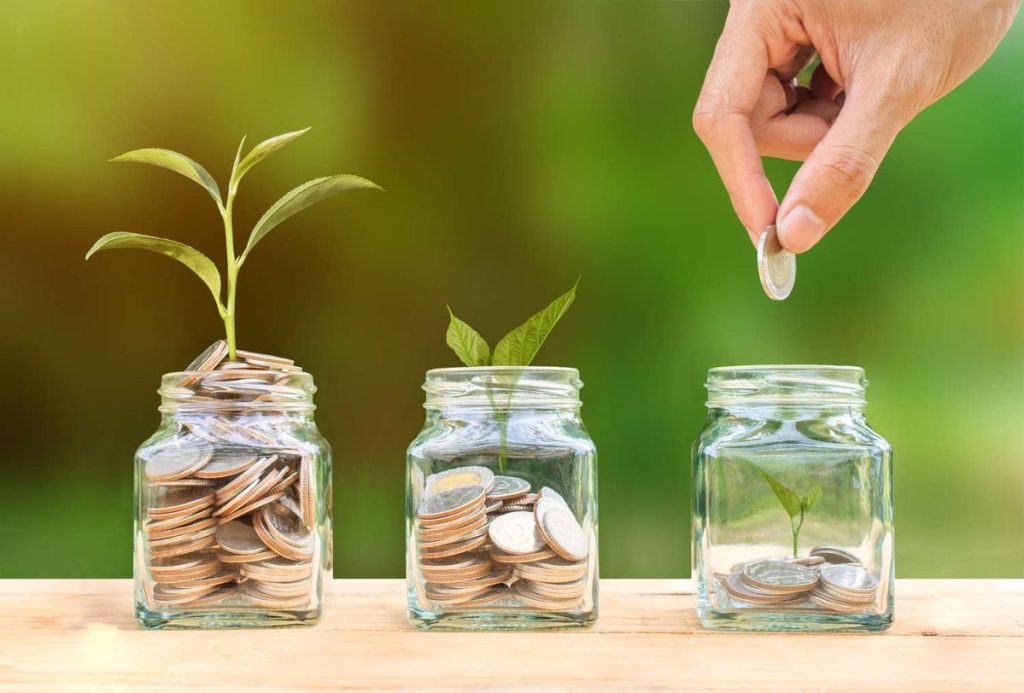Africa is undergoing a remarkable transformation, where sustainable finance is beginning to power real change in the daily lives of millions. Among the many innovative solutions available, green loans are gaining prominence as essential tools for funding renewable energy projects and eco-friendly initiatives.
The rise of green loans highlights how financial institutions, governments, and international investors are joining forces to combat climate change. With easier access to financing, they can install clean energy solutions, develop eco-friendly agriculture practices, and contribute directly to global sustainability goals.
The Growing Importance of Green Loans

Over the last decade, the African continent has faced pressing challenges in balancing energy demand with environmental preservation. Traditional energy sources such as diesel and coal remain costly and harmful to the environment. Green loans are offering an alternative that makes renewable solutions, particularly solar power, more accessible and affordable.
Furthermore, the role of green loans extends beyond energy production. They encourage behavior changes by promoting long-term investments in projects that prioritize sustainability. For instance, small farmers can borrow to adopt organic farming methods, while local cooperatives may finance waste recycling plants.
How Solar Energy Benefits from Green Loans
Solar energy has become the flagship of Africa’s renewable revolution, and green loans are at the core of its expansion. Thanks to flexible financing models, households that once depended on kerosene lamps can now access affordable solar kits. These systems reduce pollution, improve health conditions.
Businesses also stand to benefit significantly from this financing approach. Entrepreneurs can expand services such as phone charging stations or small manufacturing units powered by solar electricity. Green loans provide the capital needed to scale these ventures, creating jobs while addressing critical energy shortages.
Unlocking Wider Community Impact
The influence of green loans goes far beyond individual households. When entire communities invest in renewable energy, they achieve collective savings, reduce dependency on fossil fuels, and strengthen local economies. Schools can power classrooms with solar panels, health clinics can store vaccines safely, and water pumps can function efficiently, improving sanitation standards.
The ripple effect also includes increased gender equality, as women often play a central role in managing community resources. By gaining access to credit, they can lead cooperative projects that directly uplift their families and neighbors. This inclusive financial system proves that sustainability is not only an environmental goal but also a driver of social progress.
Key Benefits Driving the Adoption of Green Loans
Before exploring their full potential, it becomes essential to highlight the most relevant advantages these financial solutions bring to local communities. These benefits reveal why green loans have become a powerful driver of progress across Africa, shaping resilience and long-term sustainability:
- Affordable access to clean energy technologies
- Reduction in greenhouse gas emissions and pollution
- Empowerment of local businesses and entrepreneurs
- Improved education and healthcare services through reliable energy
- Strengthening of community resilience against climate risks
Each of these factors demonstrates that green loans extend far beyond being simple financial products. They operate as catalysts for holistic development, encouraging long-term stability in communities that would otherwise remain vulnerable.
Building a Sustainable Future Through Finance
Looking ahead, the expansion of green loans in Africa will depend on supportive policies, innovative partnerships, and awareness campaigns. Governments must continue creating frameworks that encourage financial institutions to prioritize sustainability. Meanwhile, international organizations and private investors should inject capital into local markets.
Ultimately, the success of green loans demonstrates how finance can serve as a powerful instrument for transformation. By aligning economic incentives with environmental responsibility, Africa is paving the way for a greener, more inclusive future. As more communities embrace this model.




